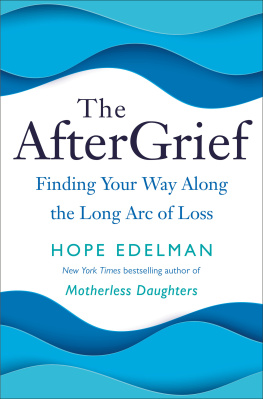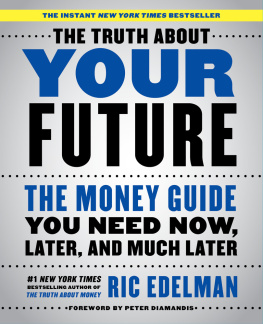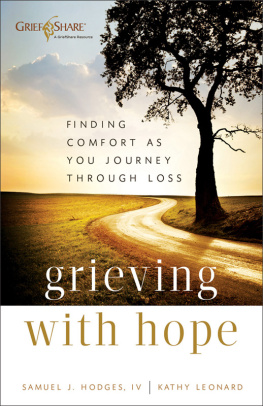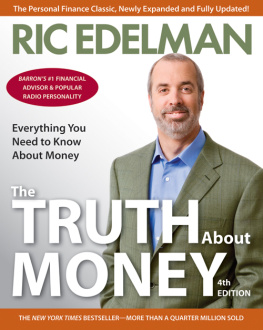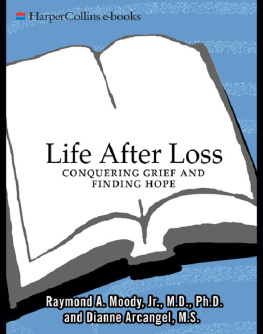Hope Edelman - The AfterGrief: Finding Your Way Along the Long Arc of Loss
Here you can read online Hope Edelman - The AfterGrief: Finding Your Way Along the Long Arc of Loss full text of the book (entire story) in english for free. Download pdf and epub, get meaning, cover and reviews about this ebook. year: 2020, publisher: Random House Publishing Group, genre: Home and family. Description of the work, (preface) as well as reviews are available. Best literature library LitArk.com created for fans of good reading and offers a wide selection of genres:
Romance novel
Science fiction
Adventure
Detective
Science
History
Home and family
Prose
Art
Politics
Computer
Non-fiction
Religion
Business
Children
Humor
Choose a favorite category and find really read worthwhile books. Enjoy immersion in the world of imagination, feel the emotions of the characters or learn something new for yourself, make an fascinating discovery.
- Book:The AfterGrief: Finding Your Way Along the Long Arc of Loss
- Author:
- Publisher:Random House Publishing Group
- Genre:
- Year:2020
- Rating:4 / 5
- Favourites:Add to favourites
- Your mark:
- 80
- 1
- 2
- 3
- 4
- 5
The AfterGrief: Finding Your Way Along the Long Arc of Loss: summary, description and annotation
We offer to read an annotation, description, summary or preface (depends on what the author of the book "The AfterGrief: Finding Your Way Along the Long Arc of Loss" wrote himself). If you haven't found the necessary information about the book — write in the comments, we will try to find it.
The AfterGrief: Finding Your Way Along the Long Arc of Loss — read online for free the complete book (whole text) full work
Below is the text of the book, divided by pages. System saving the place of the last page read, allows you to conveniently read the book "The AfterGrief: Finding Your Way Along the Long Arc of Loss" online for free, without having to search again every time where you left off. Put a bookmark, and you can go to the page where you finished reading at any time.
Font size:
Interval:
Bookmark:
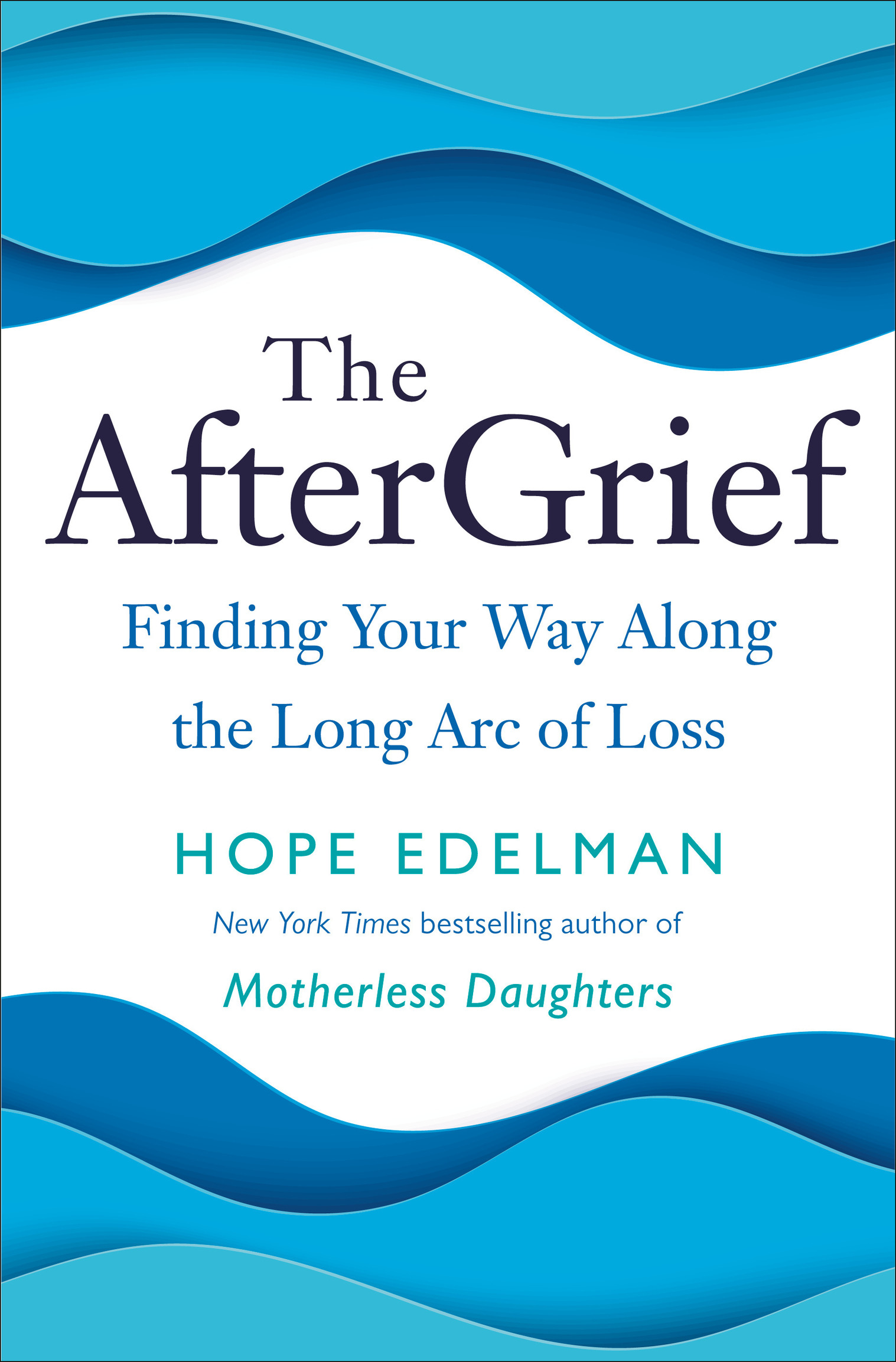

The names and some identifying characteristics of some of the individuals presented in this book have been changed to protect their privacy. Any resulting resemblance to persons living or dead is entirely coincidental and unintentional.
Copyright 2020 by Words Etcetera, Inc.
All rights reserved.
Published in the United States by Ballantine Books, an imprint of Random House, a division of Penguin Random House LLC, New York.
B ALLANTINE and the H OUSE colophon are registered trademarks of Penguin Random House LLC.
Hardback ISBN9780399179785
Ebook ISBN9780399179792
randomhousebooks.com
Figures by Mapping Specialists, Ltd., Fitchburg, WI
Book design by Fritz Metsch, adapted for ebook
Cover design: Victoria Allen
Cover image: Shutterstock
ep_prh_5.6.0_c0_r0
The loss happens in time, in fact in a moment, but its aftermath lasts a lifetime.
ELISABETH KBLER- ROSS
A MEDIUM ONCE told my sister that our mother was living in a corner of her kitchen. Being our mothers daughters, we took this news in stride. Shed raised us to be open-minded and humble. Who were we to believe we knew better than anyone else? Also, our mother in a kitchen made good sense. Hers had been the nucleus of our childhood home, the place where shed spent much of her time: standing at the kitchen island, prepping chicken cacciatore in her Crock-Pot, drinking Maxwell House coffee at the speckled Formica table with neighborhood friends, sitting at the corner desk and winding the avocado-green phone cord around and around her index finger as she settled into a leisurely call. With three children and a husband for whom tidiness was forever an abstraction, she was always struggling to keep the space clean. My mother would have loved my sisters kitchen. Mine surrendered to chronic disorder long ago, but my sisters kitchen is always shiny and pristine. Id choose to hang out there, too.
My sister and I live across the country from our familys burial plots and rarely get to visit the graves. So she placed a framed black-and-white photograph of our mother in the corner of her kitchen between a neat row of mason jars and the countertop range. When I dog-sit for her boxers I give them treats from a jar and we say hello to my mom. I might let her know that her children and grandchildren are doing fine. If Im facing a big decision, Ill brush my fingertips across the glass and silently ask her for advice.
I have to imagine how shed answer. We had only seventeen years together, and I was pretty much tuning her out for the final two. Ive long since forgotten the sound of her voice and the timbre of her laugh. She died in 1981, and we never made tapes of her talking. In my dreams she speaks in an unfamiliar pitch, her words sometimes garbled, sometimes clear. I havent heard her real voice in almost thirty-nine years.
Thirty-nine years. I know. Thats a long time. Says pretty much everyone, ever.
Thirty-nine years and youre not over it yet?
Anyone with major loss in the past knows this question well. Weve spent years fielding versions of it, explicit and implied, from parents, siblings, spouses, partners, relatives, colleagues, acquaintances, and friends. We recognize the subtle cuesthe slight eyebrow lift, the soft, startled Oh! That long ago?from those who wonder how an event so distant can still occupy such precious mental and emotional real estate. Why certain, specific nodes are still so tender when poked.
How many of us have wondered the same?
Youre still not over it yet? As if the death of a loved one were a hurdle in a track meet that could be cleared and left behind.
I wish there were a foolproof method for getting over the death of someone we love. So much, I do. Except everything Ive experienced, learned, and observed over the past thirty-eight years has taught me otherwise. Since the publication of my first book, Motherless Daughters, in 1994, Ive collected stories from thousands of women in the United States, Canada, Australia, New Zealand, the United Kingdom, Europe, India, and the Middle East whose mothers died when they were young. Ive spoken to, emailed, and met with their brothers, husbands, fathers, daughters, and sons. Five file cabinets in my office are filled to capacity with research into how the human body, intellect, and spirit respond to major loss. In nonfiction writing classrooms for the past twenty years, Ive helped graduate students and aspiring writers identify, question, and articulate their stories of trauma and loss. And for this book, I conducted in-depth interviews with eighty-one men and women who had experienced the deaths of significant loved ones in the pastmost of whom were children, adolescents, or young adults at the time, and whose bereavement needs were frequently mismanaged or misunderstood.
Taken together, that adds up to a staggering number of losses. Which is how I can report with assurance that the death of a loved one, especially for someone at a tender age, isnt something most of us get over, get past, put down, or move beyond. Thats a myth of diminishment. Instead, a major loss gets folded into our developing identities, where it informs our thoughts, hopes, expectations, behaviors, and fears. We carry it forward into all that follows.
Its phenomenal, how it never really goes away, says author and therapist Claire Bidwell Smith. It changes shape and form all the time and comes back in different ways, even when you think its gone. Im twenty-four years out from the death of my mother and seventeen years from the death of my father and those losses have been with me, in some fashion, every day since they died.
When psychologist Leeat Granek and author Meghan ORourke surveyed nearly eight thousand adults whod lost a close loved one for Slate magazine in 2011, they observedin their wordsthat the alterations of loss are subtly stitched throughout ones ongoing life. Nearly one-third of their survey participants had experienced the death of a close loved one eight or more years earlier. Instead of feeling over it, they wanted to keep talking about how grief had shaped their present-day experiences and how it might continue to affect their imagined futures.
This process is a longer one than most people realize, explains psychologist Robert Neimeyer, a professor of constructivist psychology at the University of Memphis and the founder of the Portland Institute for Loss and Transition, unfolding over years rather than months, and involving periodic grief spikes years or even decades later. The Slate survey found the same. One-quarter of the respondents said theyd felt normal only one to two years after the loss. More than one-quarter said theyd never gone back to feeling like themselves afterward.
Nonetheless, when random cross sections of Americans have been asked how long grief should last after a significant loss, their answers range from several days up to a year. The majority of respondents in one study placed the outer limit at two weeks. Two weeks. In some cultures thats barely enough time to hold a funeral, let alone put emotional pain into any perspective and start making sense of the loss.
A terrible disconnect exists between what the average person thinks grief should look and feel liketypically, a series of progressive, time-limited stages that end in a state of closureand how grief, that artful dodger, actually behaves. This means a whole lot of people getting stuck in the gap between what theyve been told to expect after someone dies and what they actually encounter when it happens.
Font size:
Interval:
Bookmark:
Similar books «The AfterGrief: Finding Your Way Along the Long Arc of Loss»
Look at similar books to The AfterGrief: Finding Your Way Along the Long Arc of Loss. We have selected literature similar in name and meaning in the hope of providing readers with more options to find new, interesting, not yet read works.
Discussion, reviews of the book The AfterGrief: Finding Your Way Along the Long Arc of Loss and just readers' own opinions. Leave your comments, write what you think about the work, its meaning or the main characters. Specify what exactly you liked and what you didn't like, and why you think so.

